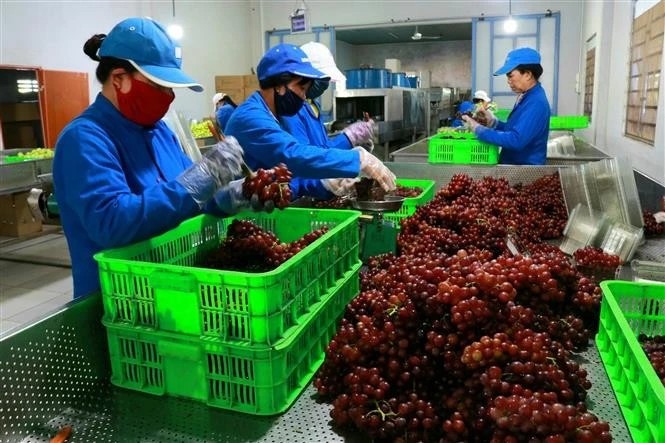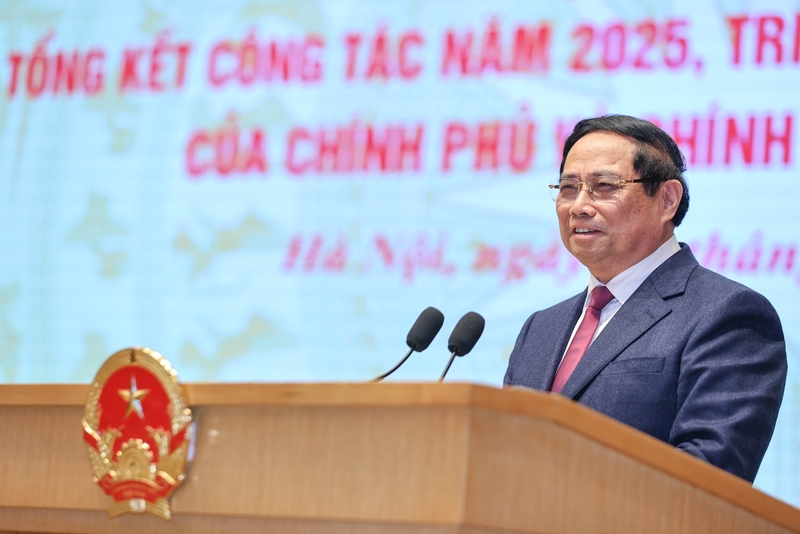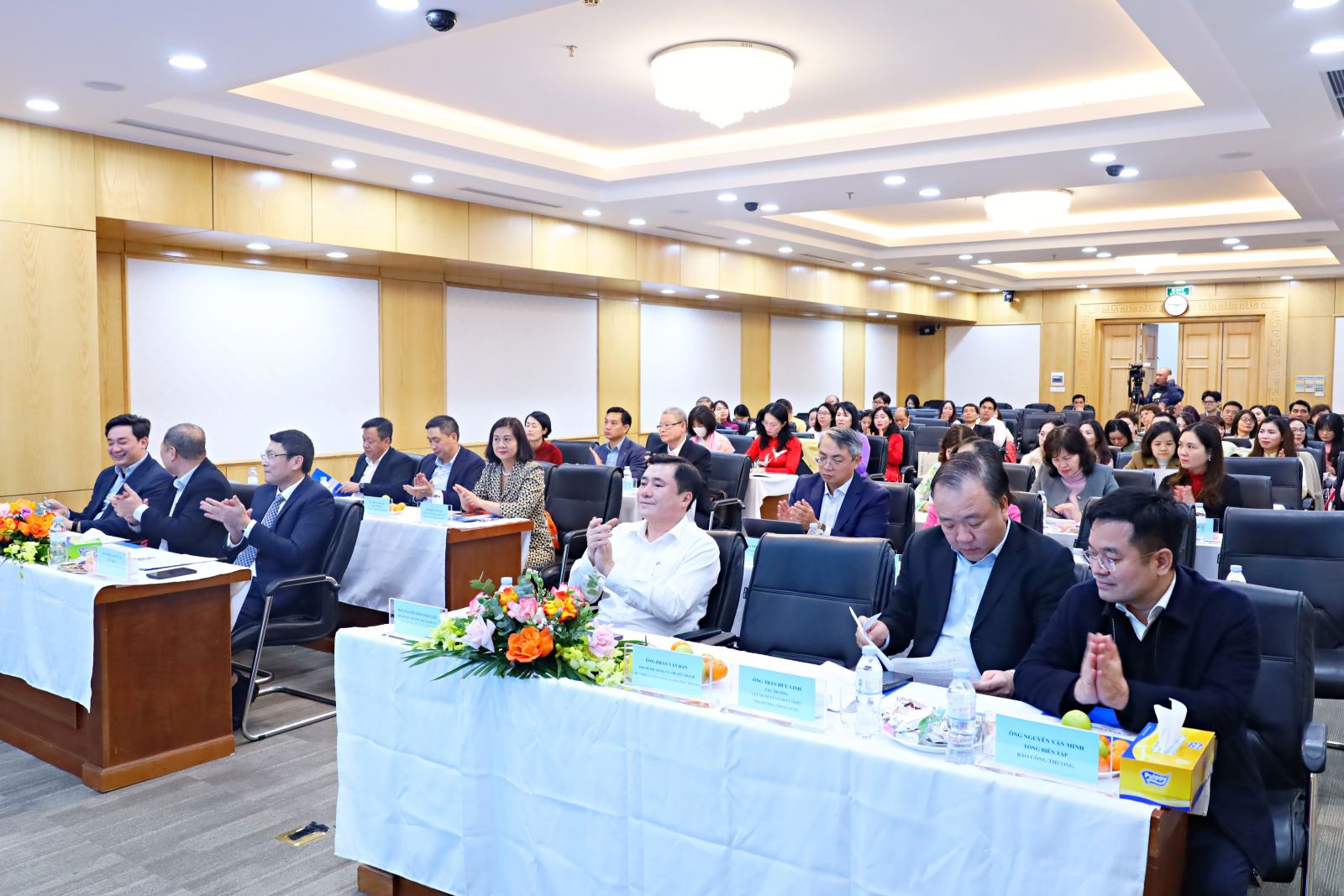
Vietnam GDP Picture: Ministry of Industry and Trade Exceeds Expectations
19:05 | 23/03/2025 12:08 | 09/01/2026Finance-Banking
 |
| Technical barriers in global markets are creating a level playing field, compelling exporters to prioritise quality and compliance. (Illustrative photo: VNA) |
Hanoi – Leveraging their competitive edges, Vietnamese enterprises are adopting green, clean, and digital export strategies to succeed amid increasingly stringent international standards.
Navigating more demanding markets
Nguyen Dinh Tung, CEO of Vina T&T Import Export Service Trading Co. Ltd., stressed that tougher technical barriers in global markets are creating a level playing field, compelling exporters to prioritise quality and compliance. Vietnamese agricultural products have gained traction in new markets, with pomelo penetrating New Zealand, passion fruit reaching Australia, and coconut breaking into the US market.
Tung also pinpointed the Middle East and Halal-certified countries as untapped opportunities for Vietnamese fruits and vegetables. “These markets offer significant potential, provided we adapt to their unique standards”, he said.
Le Thi Giau, Chairwoman of Binh Tay Food, echoed this idea, urging firms to invest in eco-friendly factories and production lines to meet the requirements of choosing markets.
Quality control for sustainable exports
Nguyen Nguyen Phuong, Deputy Director of the Ho Chi Minh City Department of Industry and Trade, highlighted the role of Vietnam’s extensive free trade agreements (FTAs) in easing global market barriers. “Amid economic headwinds, nations are turning to solutions like social responsibility,” he noted. “Controlling chemical residues in food is critical for ensuring safety, aligning with international norms, and broadening export reach”.
Meanwhile, Deputy Director of the Ho Chi Minh City Trade and Investment Promotion Centre (ITPC) Ho Thi Quyen underscored the urgency of adapting to strict regulations from major markets like the US, EU, and Japan. “Limits on chemical residues require proactive steps”, she said.
Quyen also advocated for adopting advanced quality control technologies to detect risks early, establishing rigorous inspection protocols, and collaborating with independent certification bodies to boost transparency and compliance./.

19:05 | 23/03/2025 12:08 | 09/01/2026Finance-Banking

19:05 | 23/03/2025 11:55 | 09/01/2026Trade

19:05 | 23/03/2025 11:50 | 09/01/2026Economy

19:05 | 23/03/2025 11:05 | 09/01/2026Science - Technology

19:05 | 23/03/2025 14:11 | 08/01/2026Industry